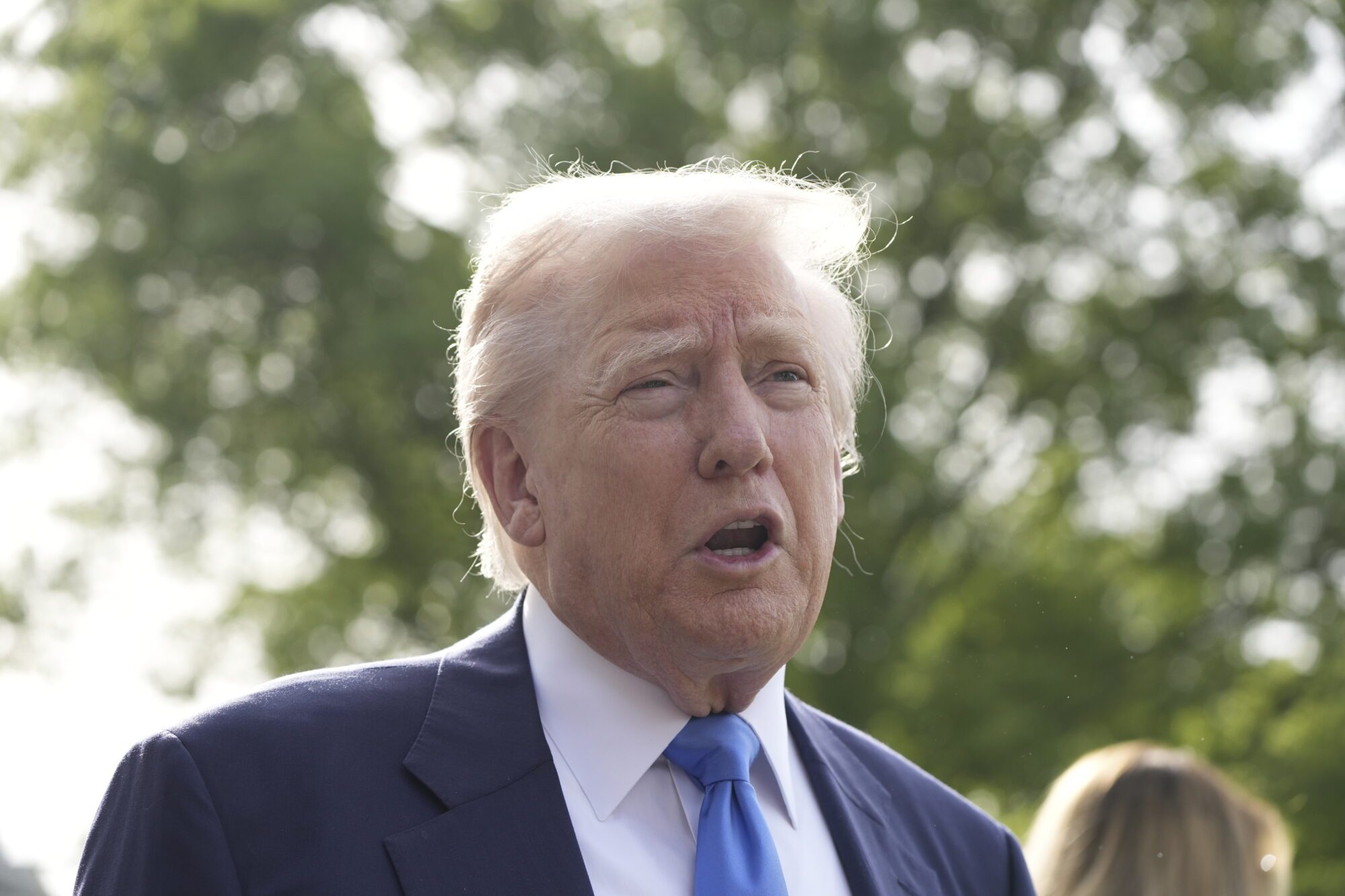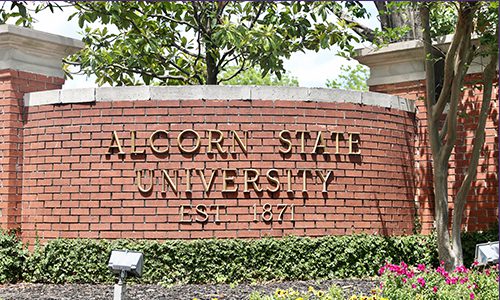RELEASE:
Wicker to FCC: Update Rural Broadband Rules
Miss. Senator Says Current System Should Support Existing Technology
WASHINGTON – U.S. Senator Roger Wicker, R-Miss., Chairman of the Subcommittee on Communications, Technology, Innovation, and the Internet, is asking Federal Communications Commission (FCC) Chairman Tom Wheeler to make Universal Service Fund (USF) support available for broadband when rural consumers choose not to purchase voice telephone service. The FCC does not currently permit such support. Wicker was joined by a bipartisan group of 60 senators in sending a letter to Chairman Wheeler – similar to a letter sent in 2014.
“As technology advances, it is critical that broadband-capable networks are available to all rural customers, regardless of their decision to purchase voice services,” Wicker said. “In rural states like Mississippi, broadband access is particularly important to businesses and local communities. It is time for the FCC to take sensible steps to modernize its outdated rules.”
Over the past several years, there has been a rising trend of individuals opting to use wireless phones or voice over Internet protocol (VoIP) services instead of traditional telephone service. This trend has begun to reach rural households, who are increasingly subscribing to “broadband-only” service in their homes.
Requests from rural consumers present a growing dilemma for rural carriers. Under current FCC rules, local exchange carriers are required to provide broadband to receive USF support, but lose USF support if their customers subscribe to that broadband service without also purchasing voice service. Unless this problem is addressed by the FCC, the current rules will increasingly lead to an unintended outcome of less choice for rural consumers when the goal of national universal service policy is to increase broadband deployment and adoption in rural areas.
Rural carriers are seeking an interim solution to the problem, and this letter is meant to encourage the FCC to craft such a solution.
Full text of the letter:
May 1, 2015
The Honorable Thomas Wheeler
Chairman
Federal Communications Commission
445 12th Street SW
Washington, DC 20554
Dear Chairman Wheeler:
On May 6, 2014, 44 Senators signed a bipartisan letter calling on the Federal Communications Commission (FCC) to move forward on tailored modifications to modernize the federal Universal Service Fund (USF) as it supports the delivery of communications services to consumers in high-cost portions of the United States served by small, rural rate-of-return-regulated local exchange carriers. While we commend the FCC for its continuing efforts to implement a Connect America Fund for consumers in areas served by larger carriers, we are troubled that the FCC has yet to take meaningful steps to address one of the most problematic aspects of the existing USF rules in areas served by smaller carriers.
As you know, Americans are increasingly “cutting the cord” and dropping their traditional landline voice “plain old telephone service” (POTS) in favor of wireless or voice over Internet Protocol (VoIP) service. Many of these consumers, however, still desire fixed broadband services that offer robust speeds – in fact, fixed broadband services are necessary for consumers to make effective use of VoIP service. Unfortunately, the FCC’s USF rules have not kept pace with changing technology and shifting consumer preference. Instead, out-of-date rules tie high-cost USF cost recovery for small rural carriers to a consumer’s actual purchase of voice service, even if the consumer no longer wants that service and only wants broadband service. The POTS requirement prevents rural consumers from making choices that are available to their urban counterparts. Ironically, these outdated rules may hurt lower-income rural consumers the most, possibly putting the price of broadband out of reach unless those consumers make the additional expenditures to buy POTS as well.
A year after the previous letter, the time has come to take common-sense steps to update the rules. While long-term options to modify USF support can and should be explored, as you’ve committed to doing via the Connect America Fund Further Notice of Proposed Rulemaking, the FCC must not leave consumers in the lurch given the substantial time needed to develop, evaluate, and implement such options. No new models or sweeping changes are needed to adopt and implement a targeted update to fix the issue highlighted in this and last year’s letters – instead a simple plan that isolates and solves this specific issue is all that is needed right now. In addition, we continue to support measures that ensure USF distributions are invested prudently and reasonably, which helps provide the credibility necessary for the FCC to fulfill its statutory mandate.
Small rural carriers have worked hard to provide innovative services to some of the most difficult-to-serve parts of our country. However, without the update to the USF support rules described in this letter and in the letter last year, many rural consumers will continue to be denied a choice among these innovative services. As the FCC continues to modernize USF to support broadband deployment, we must ensure rural consumers are not left behind by antiquated rules that inhibit investment, adoption, and consumer choice. We therefore renew our call for the FCC to expeditiously make careful, targeted updates to the existing USF mechanisms to provide sufficient and predictable support so that consumers in areas served by smaller rural carriers can make the choice to obtain robust broadband services at affordable rates without being compelled to purchase other services.
Thank you for your consideration. We look forward to continuing to work with you to update USF to ensure rural consumers receive reasonably comparable voice and broadband communications services of their choosing at reasonably comparable rates.
5/12/15







